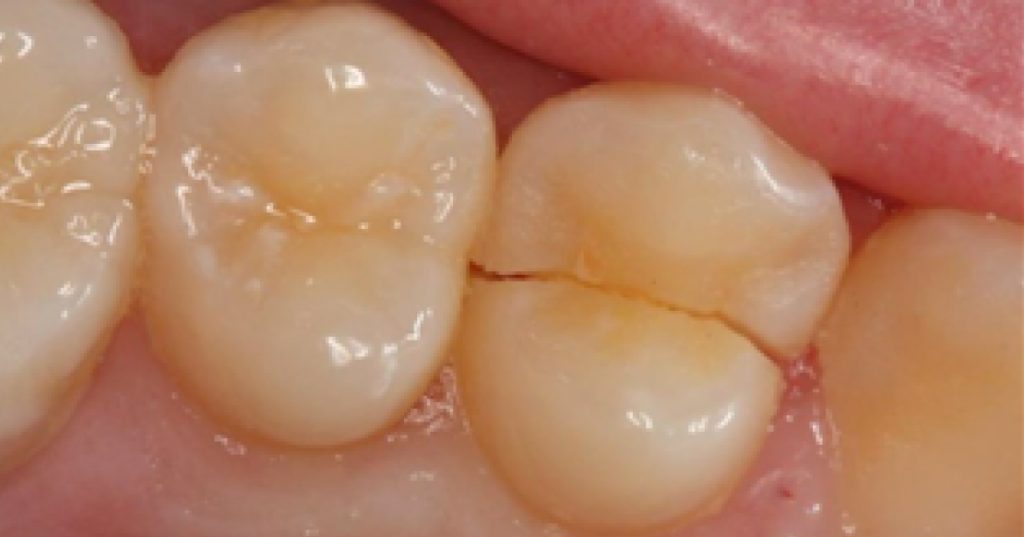How To Think About Fee-Setting in Dentistry
Dentists spend a lot of time thinking about their fees. Should I be charging more? Am I not charging enough? How much is too much? What if I price myself out of the market?
To understand how to approach these questions, let’s look at the basic principles behind pricing in general. In our free-market economy there are really three forms of pricing:
- Commodity pricing is what you see at the gas pumps or the orange juice aisle, where the quality of the product is regulated and essentially the same whatever you choose, so the lowest price tends to win. Because many patients tend to view dentistry in this way — thinking that all practitioners have to meet the same licensing requirements and perform the same basic services, so why not go with the cheapest? — it’s easy to get trapped in this model of competitive commodity pricing.
- Category pricing is set depending on a range of quality and options. No matter if it’s TVs, coffeemakers, or mobile phone plans, quality, value and prices can vary greatly. This “you get what you pay for” model drives consumer websites. Many dentists compete in this field by striving to show how the experience they provide sets them apart, or by highlighting a specific focus such as implants or esthetic services.
- Brand pricing is where every business wants to be. Take Tiffany’s, for example: Everyone understands the value of the brand, so anyone who receives a gift box with that name on it is excited before they even open it, and anyone who shops there is not looking for discounts. It’s the same with Apple, Porsche, or the Mayo Clinic. It’s not about commodity or comparison shopping anymore because the buyer isn’t really choosing a product or service — they’re choosing a name people know and trust, a name that stands for something. Dentists who have achieved this level of reputation find that their patients are much more flexible about dental care fees. It’s not about charging a “premium”; it just means they’re confident in their value and they’re not afraid to let their fees reflect that. They’ve earned the right to set brand-level prices.
Finally, here’s a little secret about dental fees: The dentist in your community who charges rock-bottom fees hears, “That’s expensive” just as often as you do. For most people, dentistry is always going to seem expensive. The only way past that is to give them a value experience that says you’re expensive but worth it.
SPEAR NAVIGATOR
Transform how your practice runs by engaging the team through
coaching and training
A guided path to excellence through structured coaching and self-guided resources that will align your team, streamline processes and drive growth. Transform your practice by implementing Spear’s proven playbooks for developing and retaining a high-performing dental team.

By: Imtiaz Manji
Date: April 3, 2012
Featured Digest articles
Insights and advice from Spear Faculty and industry experts


